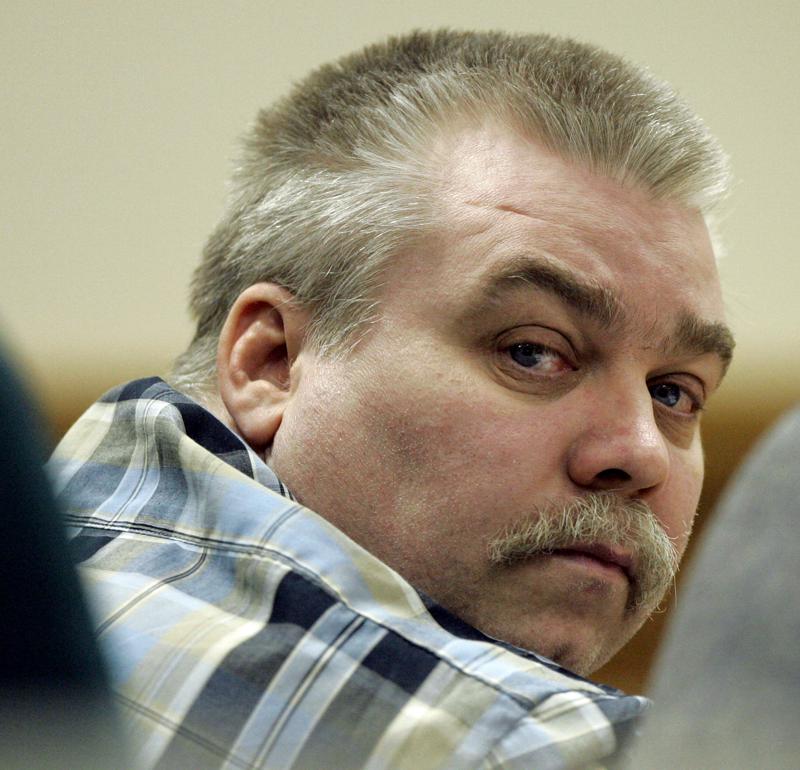
In this March 13, 2007, file photo, Steven Avery listens to testimony in the courtroom at the Calumet County Courthouse in Chilton, Wis. The Wisconsin Court of Appeal on Wednesday, July 28, 2021, rejected a request by “Making a Murderer” subject Steven Avery for a new trial.
MADISON, Wis. (AP) — The Wisconsin Court of Appeals on Wednesday unanimously rejected a request by “Making a Murderer” subject Steven Avery to hold a hearing on new evidence that he wanted to present for a new trial.
Avery is serving a life sentence for the 2005 killing of photographer Teresa Halbach, a case that became the focus of a popular Netflix series whose creators raised questions about the convictions of Avery and his nephew, Brendan Dassey.
Avery attorney Kathleen Zellner asked the court to consider claims ranging from insufficient scientific evidence to ineffective trial counsel. That request had been rejected in 2017 without a hearing and Avery, in his latest appeal, had asked for a hearing or new trial to consider the evidence.
“Avery raises a variety of alternative theories about who killed Halbach and how,” the appeals court said. But it sided with attorneys for the state Department of Justice who argued the type of motion Avery filed is not the proper one to retry the case before a jury.
The appeals court said because Avery was appealing the lower court’s denial of a request for a new trial without holding an evidentiary hearing, the question before the appeals court was simply whether a hearing is warranted. It concluded that the lower court correctly rejected the call for a new trial without a hearing.
“We express no opinion about who committed this crime: the jury has decided this question, and our review is confined to whether the claims before us entitle Avery to an evidentiary hearing,” the appeals court said. “We conclude that the circuit court did not erroneously exercise its discretion.”
Zellner, Avery’s attorney, did not immediately return a message seeking comment.
Both Avery and Dassey maintain their innocence. The case gained national attention in 2015 after Netflix aired “Making a Murderer,” a multi-part documentary examining Halbach’s death. The series spawned conjecture about the pair’s innocence, but those who worked on the cases accused the filmmakers of leaving out key pieces of evidence and presenting a biased view of what happened. The filmmakers defended their work and supported calls to set Avery and Dassey free.
Dassey was 16 when he confessed to detectives he helped his uncle rape and kill Halbach at the Avery family’s salvage yard. A judge threw out the confession in 2016, ruling it was coerced by investigators using deceptive tactics. That ruling was later overturned by a federal appeals court and the U.S. Supreme Court declined to hear his case.
Avery has been fighting unsuccessfully for years to have his conviction overturned and to be granted a new trial.